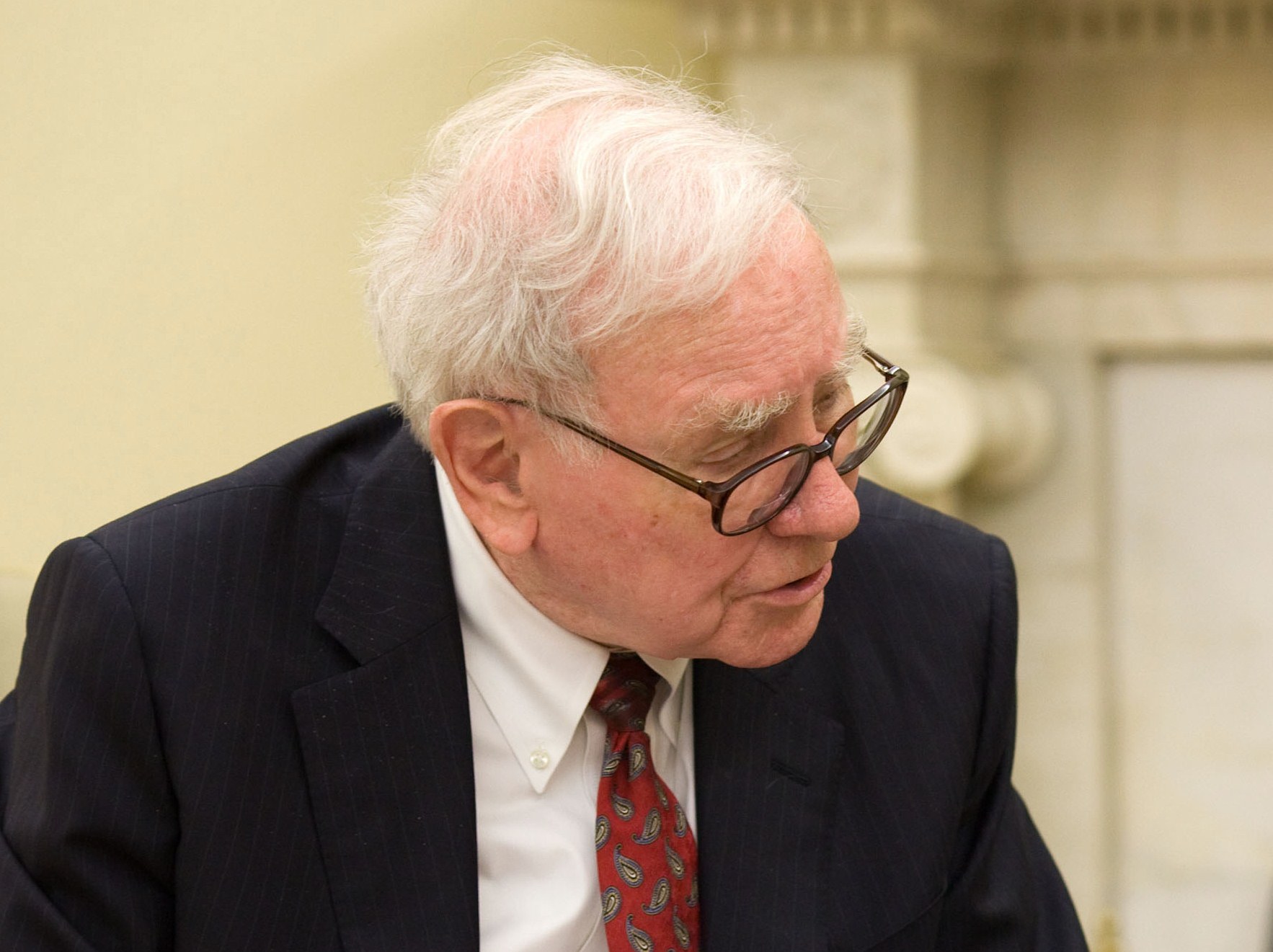Where Will Warren Buffett Put Money as Markets Collapse?
August 24, 2015 by Douglas A. McIntyre
As of his last 13D filing, which showed his holdings at the end of the second quarter, Buffett owned some stocks that have had boring but steady performances in recent years but are not parts of market bubble that has grown in the past two years. However, these are stocks in companies that are decades old, in many cases have good yields, a history of solid earnings and iron-clad balance sheets. On the other hand, some have stocks that have performed poorly, but traditionally are stocks people run to in a major sell-off.
Among shares that match these criteria are Costco Wholesale Corp. (NASDAQ: COST), the nation’s most successful big-box retailer. He owns 1% of its shares. Its share rise over the past two years has been a solid 22%, modestly better than the S&P 500. It has a yield of only 1%. However, its earnings track record is far better than rivals Wal-Mart Stores Inc. (NYSE: WMT) and Target Corp. (NYSE: TGT). It is also considered a much better managed company than these.
ALSO READ: 5 Defensive High-Yield Stocks to Survive the Sell-Off Carnage
Buffett owns a tiny portion of Johnson & Johnson (NYSE: JNJ). He may increase that in a market sell-off. Johnson & Johnson has had a dominant position in the consumer health products, pharmaceuticals and medical devices markets. The company is among the oldest in America, founded in 1885, and it has a 3% yield. Its revenue has posted a very modest, but consistent growth recently to $74.3 billion last year. Net income also has grown during the period and reached $16.3 billion last year. Johnson & Johnson holds $32 billion in cash and short-term investments. Its performance has been boring over the past two years, as shares have risen only 8%. However, on that basis, it can hardly be considered part of the sharp rise in markets that has inflated valuations.
Buffett holds over 9% of another company that is dominant in its market and has had solid earnings over a period of decades: Coca-Cola Co. (NYSE: KO). Coke has a yield of 3%. Its shares’ movement has been poor, up only 3% over the past two years, as it has battled rival PepsiCo Inc. (NYSE: PEP) and perceptions that its soda products have reached near saturation points in much of the world. However, revenue growth has been steady, if mediocre. Revenue last year was $12.1 billion and net income $3.1 billion.
Buffett also has a 2% holding in another boring company: Procter & Gamble Co. (NYSE: PG). The company recently sold off underperforming brands, which Wall Street thought was a smart move. Its board is comfortable enough with the company’s recovery that it named long-time executive David Taylor to replace widely regarded A.G. Lafley, although Lafley will remain as chairman. The growth of Procter & Gamble has been choppy. Last year, revenue was $79.3 billion, down from $80.5 billion the year before, the result of the underperforming brand sales. Net income dropped from $11.3 billion in 2013 to $8.9 billion last year, primarily for the same reason. The company has a yield of 3.7%. Its shares are down 10% over the past three years. However, its balance sheet is impressive, and its position in some of the consumer products sections is impressive too.
ALSO READ: 4 Defensive Stocks to Buy for Continued Market Volatility
Finally, Buffett holds a very small investment in Verizon Communications Inc. (NYSE: VZ). Despite wireless competition with AT&T Inc. (NYSE: T), the two control the U.S. market and have made impressive gains in fiber-to-the-home broadband and television. Verizon also has a boring but decades-old wire-to-the home business. While that part of its business is shrinking, it is a hedge to wireless. Verizon’s yield is 4.8%. Its shares have fallen 3% over the past two years. However, financial performance has been solid, if lackluster. Revenue last year was basically flat at $33.2 billion. Net income was flat at $4.2 billion.
Buffett’s options for safe investment are in shares that may have done poorly in the stock market over the past two years, but companies that have decades-old steady performances, have held a dominate position in their industries and are likely to do better than most shares in a market sell-off.
Essential Tips for Investing: Sponsored
A financial advisor can help you understand the advantages and disadvantages of investment properties. Finding a qualified financial advisor doesn’t have to be hard. SmartAsset’s free tool matches you with up to three financial advisors who serve your area, and you can interview your advisor matches at no cost to decide which one is right for you. If you’re ready to find an advisor who can help you achieve your financial goals, get started now.
Investing in real estate can diversify your portfolio. But expanding your horizons may add additional costs. If you’re an investor looking to minimize expenses, consider checking out online brokerages. They often offer low investment fees, helping you maximize your profit.